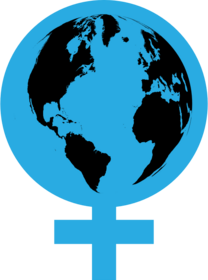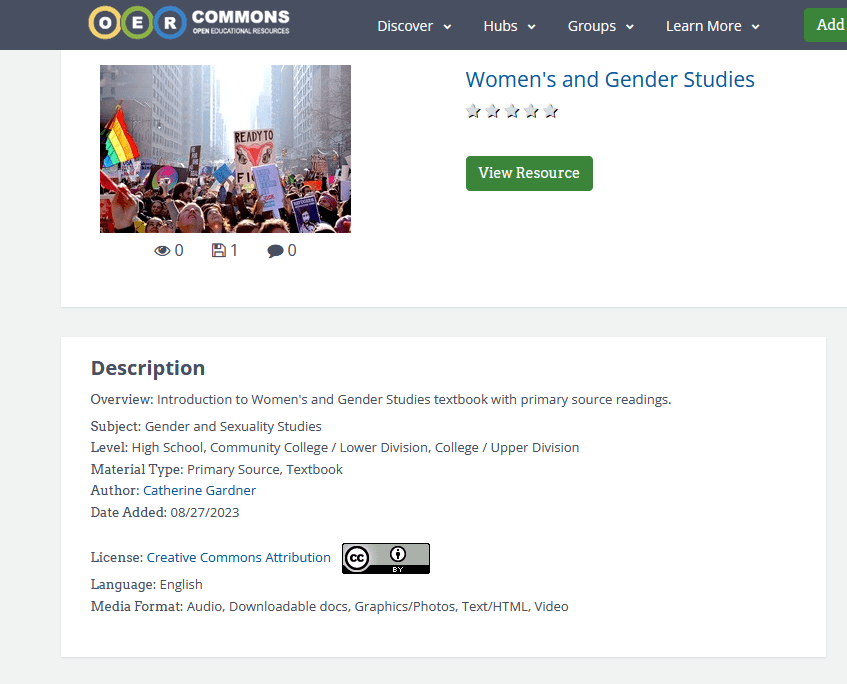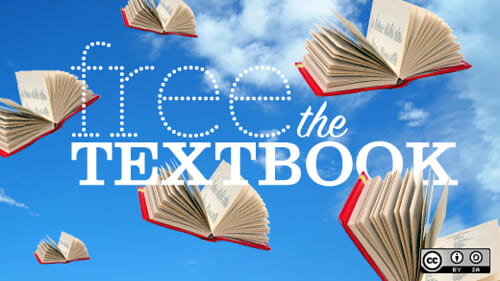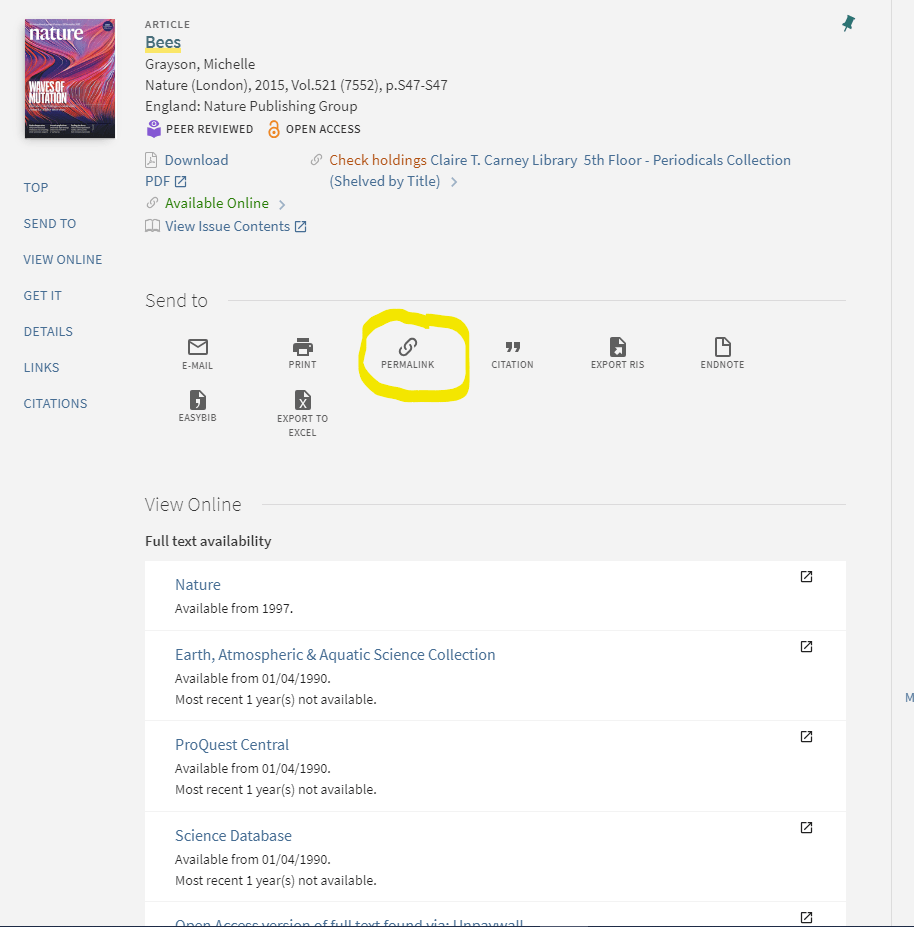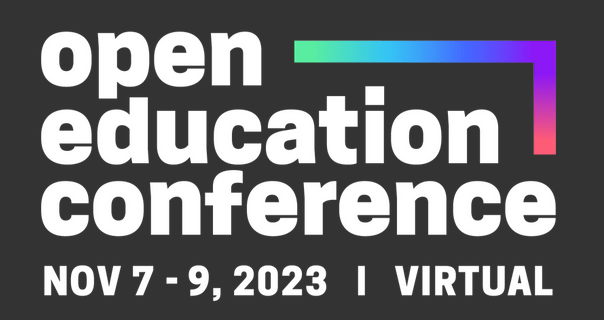The call for applications is live for UMassD faculty who are considering making the switch from traditional (and often costly teaching materials) to OER. The Office of Faculty Development (OFD), in collaboration with the Office of the Provost and the Claire T. Carney Library, invite participation in an Open Educational Resources (OER) faculty cohort which will meet during Spring 2025,and will provide participants with resources, tools, and guidance for selecting and remixing OER textbooks and ancillary material. Sessions will cover Creative Commons licenses, copyright, OER repositories, and OER best practices. The aim of the initiative is for participants to commit to replacing at least one required core textbook for a single course with an OER option in the Fall 2025 semester.
The price of textbooks has risen significantly over the past few decades, and many students report that they do not purchase textbooks due to cost. Access codes are a newer model from publishers where students pay a fee for access to digital course materials, and sometimes the cost is lower than print textbooks, but students do not have the option of the used textbook market, library materials, or keeping their resources beyond the term of the class. A great alternative to these options is to search for OER in your discipline.Consider applying for the cohort to explore your OER options.
For the full program description or to ask questions, please contact Emma Wood.



